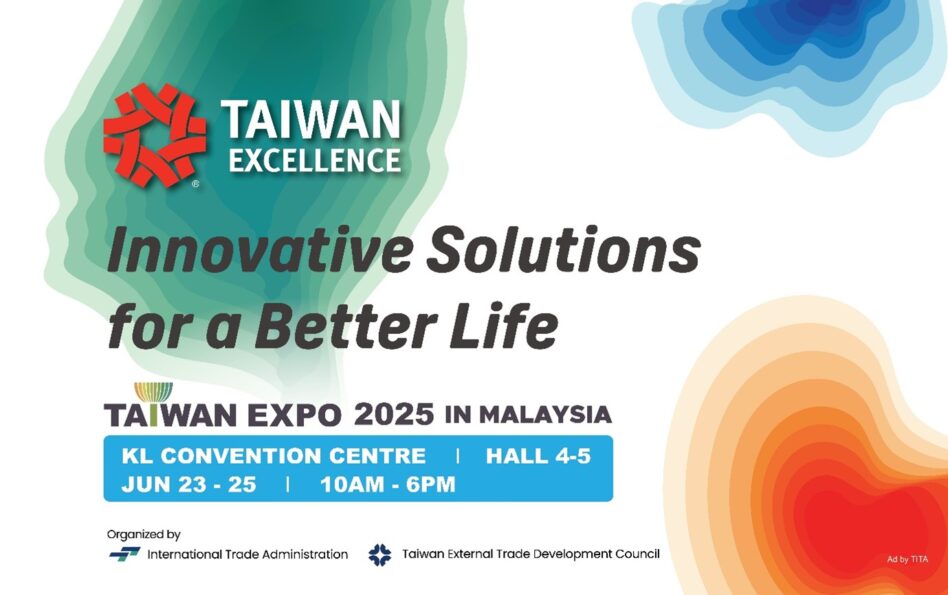THE Malaysian car market, which is traditionally dominated by petrol vehicles, is now witnessing a gradual shift in interest towards EVs – with 25% of Malaysians being interested in buying an EV, driven by rising fuel costs and environmental considerations.
While Malaysia shares common challenges with other countries, it also faces obstacles in fostering a robust EV ecosystem and generating mainstream consumer interest and demand.
Early adopters in Malaysia, who have purchased an EV, cite environmental impact (53%), rising cost of fuel (33%), and wanting to “look cool” (27%) as their main reasons for buying one, said the report, which is based on 19,000 respondents from 28 countries.
However, with nearly 40% of Malaysians saying they would prefer to buy an internal combustion engine (ICE), and a hybrid car next (20%), unlocking the next phase of growth for full EVs will require car brands to appeal to a different type of consumer – who is younger, more cost-conscious, and motivated to make the switch due to rising fuel costs (43%), environmental impact (35%) and a more variety of EVs being offered (27%).
Despite government incentives targeted at growing the EV market with the aim of 15% of new car sales being EVs by 2030, Malaysian consumers remain cautious, weighing the resale value of EVs (57%), access to renewable energy for charging their EVs (51%), and ongoing battery maintenance expenses (41%).
“Electric vehicles are the future of mobility, but these findings reveal that there is still a long way to go when it comes to addressing issues around infrastructure, range, and battery replacement costs,” stated EY APAC energy customer experience leader Mark Bennett.
“A significant number of consumers remain skeptical about EVs, particularly on infrastructure and cost of ownership. These aren’t new concerns.
“There needs to be a sustained effort across the ecosystem to address these concerns, otherwise we run the risk of turning consumers off EVs at a time when they should be getting more excited about them.”
The EY Global Mobility Consumer Index also underscores the critical role of charging infrastructure in building consumer confidence to switch to EVs, with 27% of potential buyers citing insufficient charging points as a deterrent.
Concerns with public charging infrastructure include finding a charger (61%), long wait times (53%), and cost of charging using public infrastructure (38%). While these concerns are common across all age groups, they are more pronounced for boomers and Gen X.
As a result, many EV owners would prefer to charge at home (68%), and for those who can, the experience is more positive (77% satisfaction) with charging speed (79%), installation costs (72%), and incentives and rebates (55%) being important considerations. – Oct 15, 2024
Main image: BusinessToday









